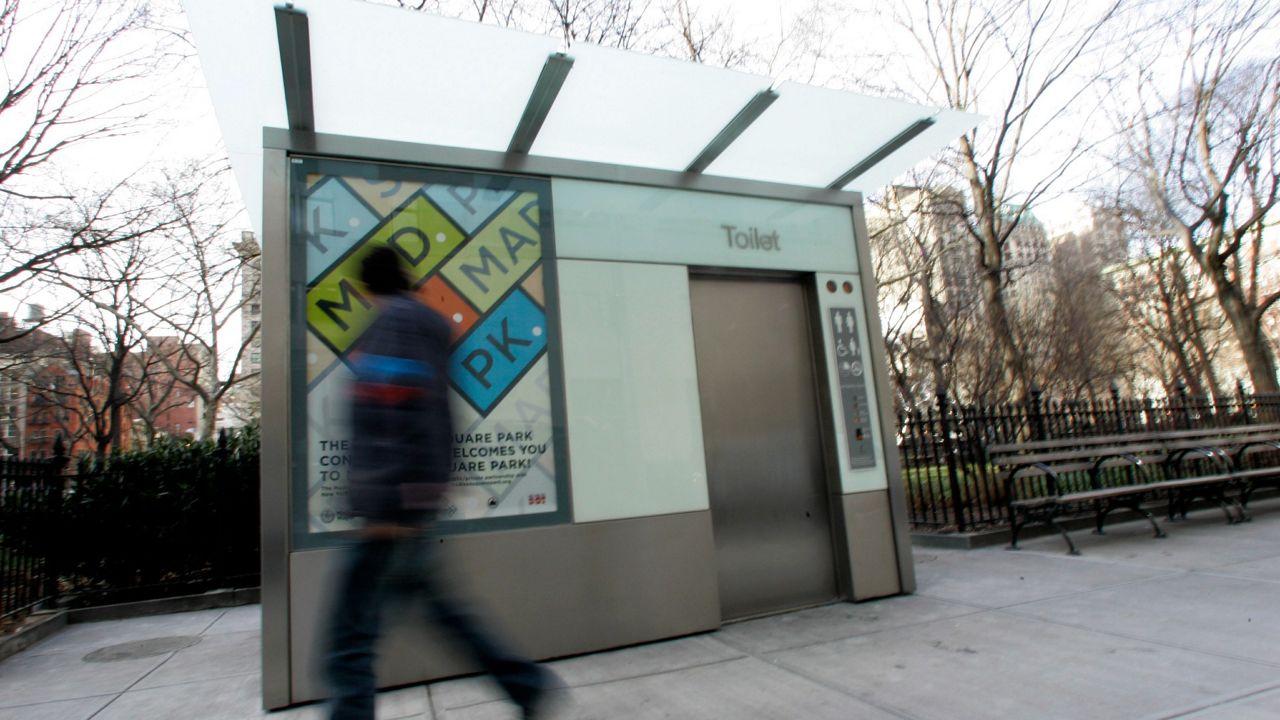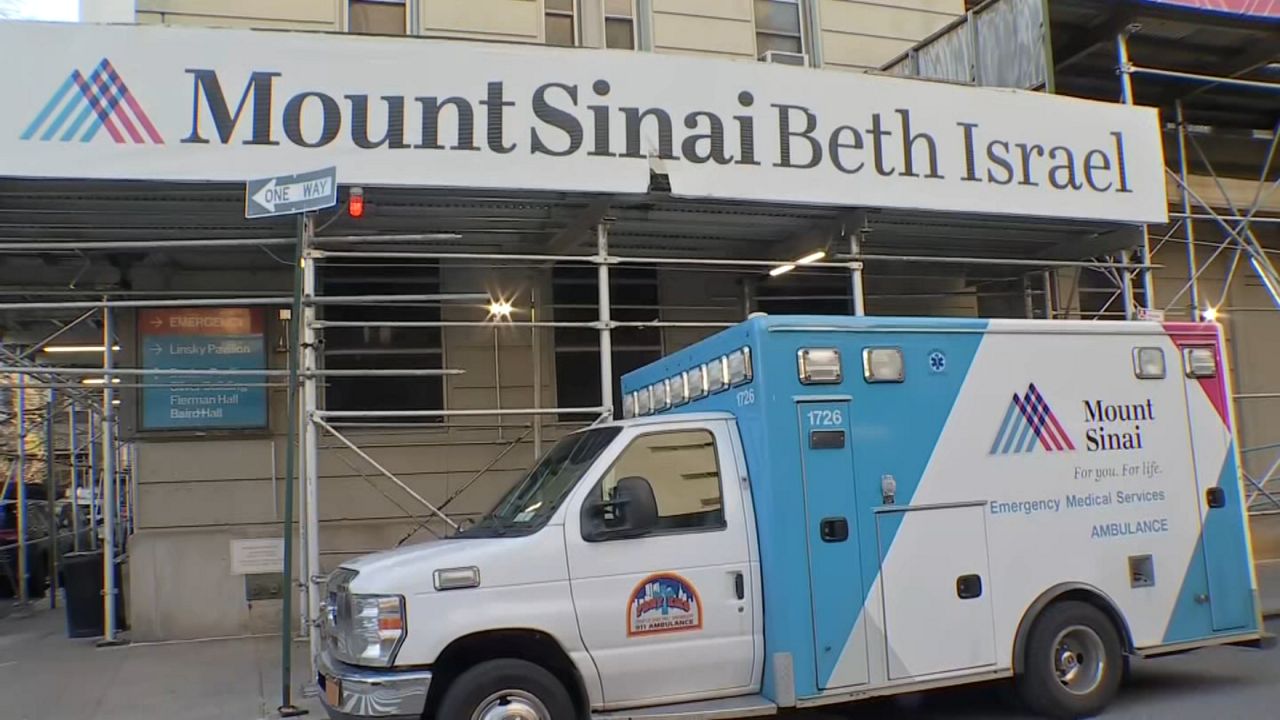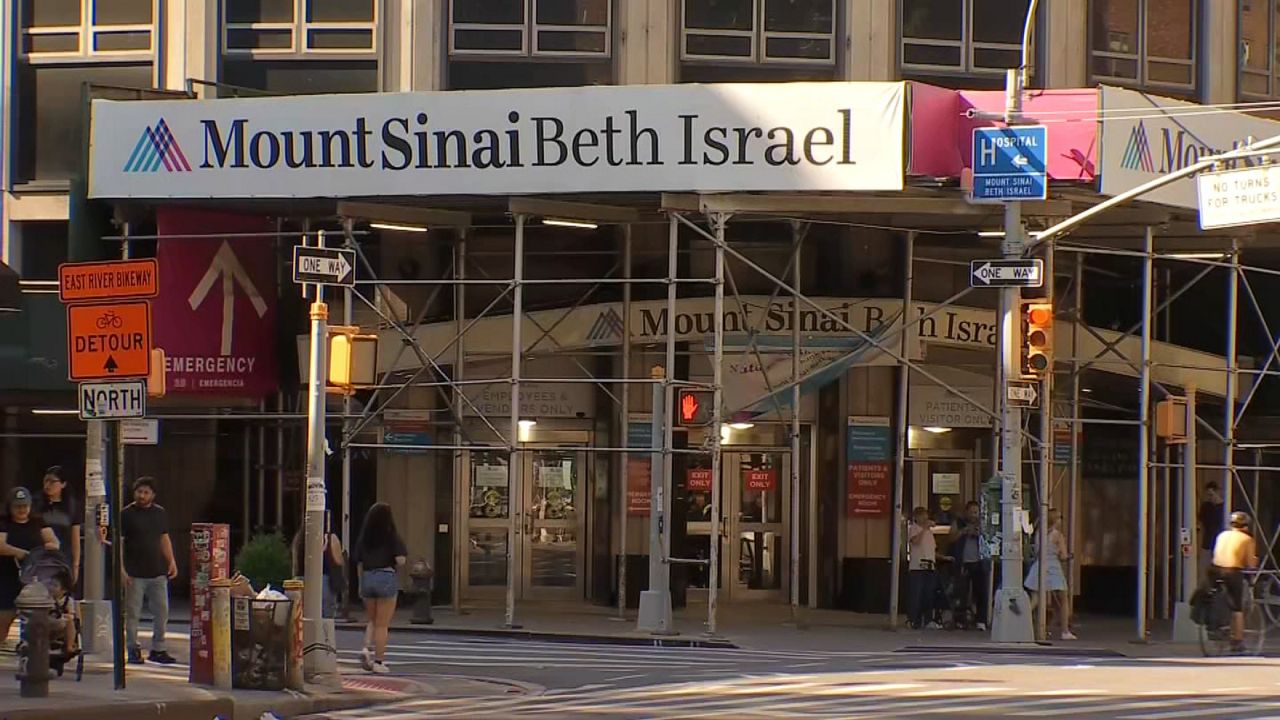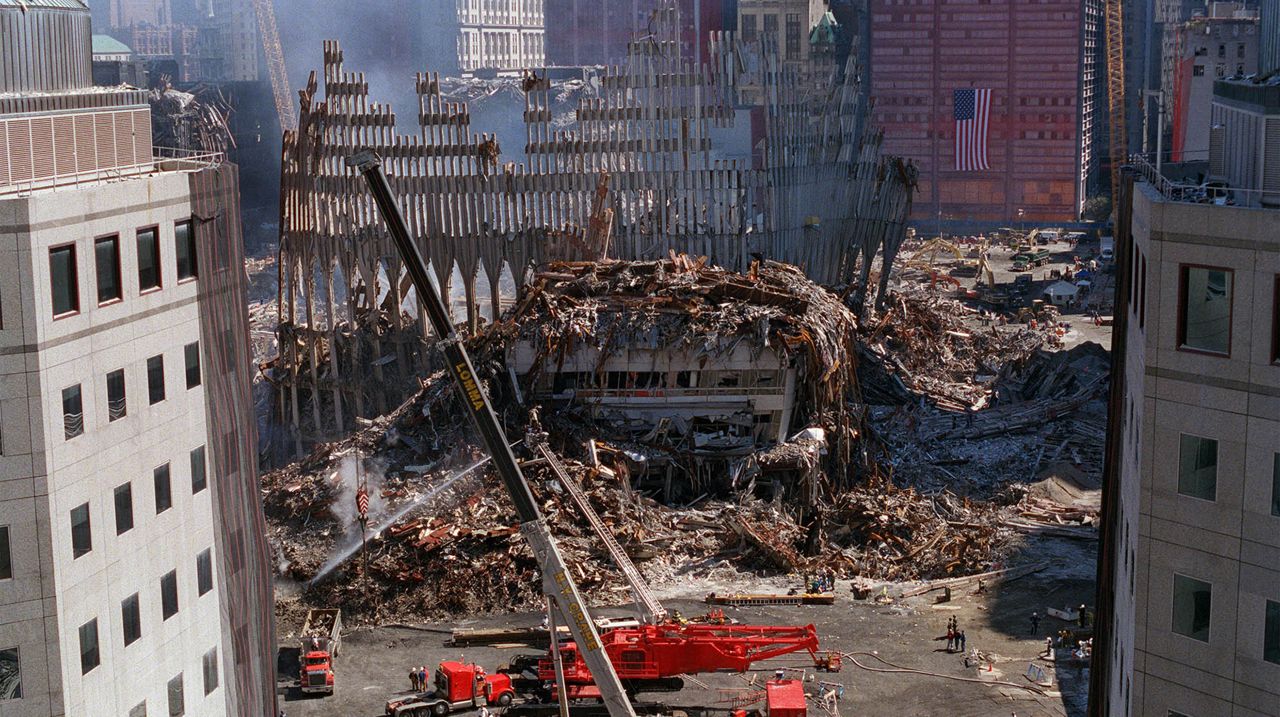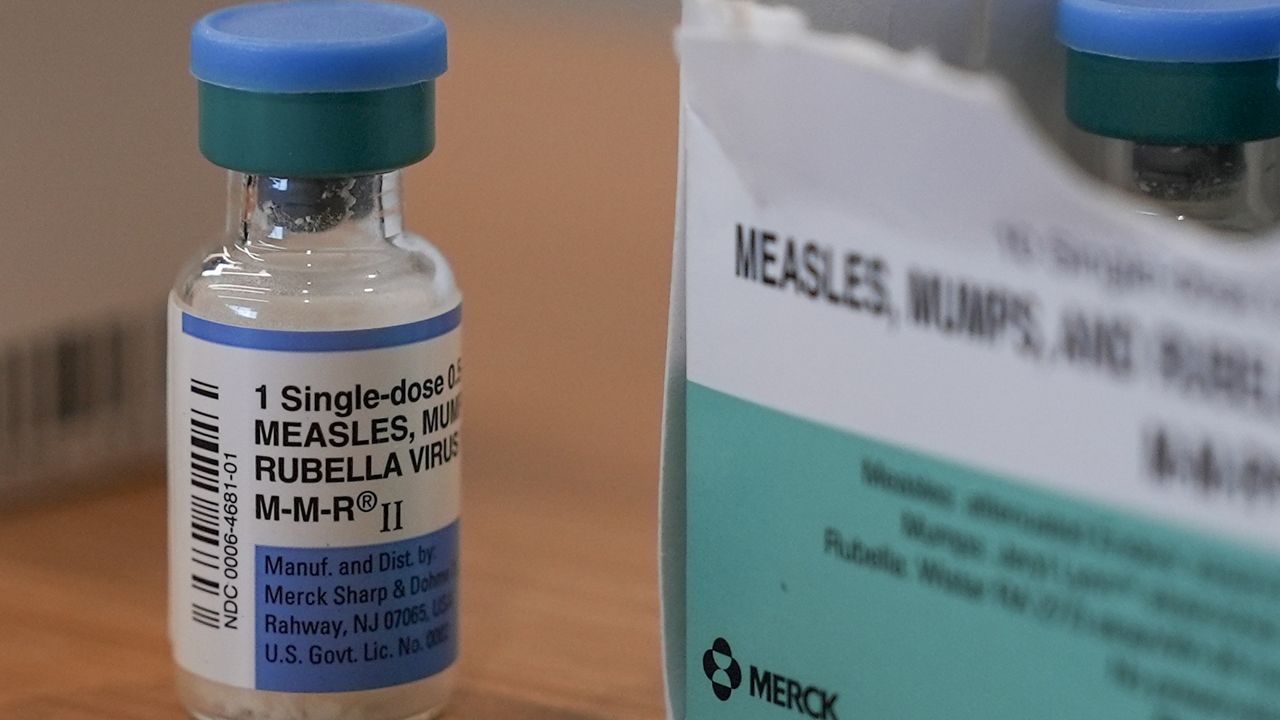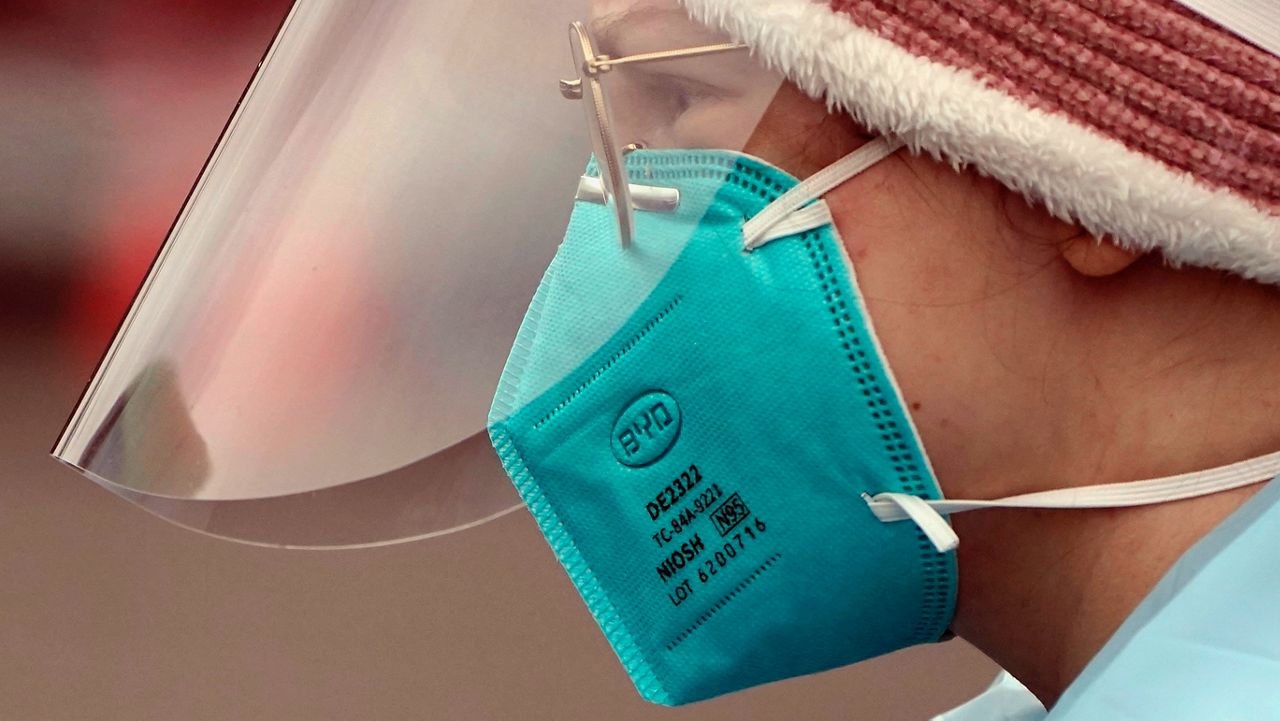Curbside composting rolled out across all five boroughs Sunday. Until now, the service was only offered in Queens and Brooklyn.
In Astoria, residents have had the option to compost for the past two years.
What You Need To Know
- The city's curbside composting program, which was initially offered in Queens and Brooklyn, expanded to Manhattan, the Bronx and Staten Island Sunday
- The new rules make it mandatory to separate trash, and buildings with more than four units must provide a storage area for collection bins
- Compost will be collected on regular recycling days year-round
- The city will start fining New Yorkers who don’t separate their compost in April 2025
“I really do hope that the more common it becomes, the more easy it becomes, the more that we are all talking about it together. We can rise this boat together, have less food waste,” said Nikki Clement, an Astoria resident who regularly composts for her two-person household.
Now, the Department of Sanitation is expanding the program to Manhattan, the Bronx and Staten Island — encouraging all New Yorkers to recycle their food scraps and yard waste in brown bins.
The new rules make it mandatory to separate trash, and buildings with more than four units must provide a storage area for collection bins. Compost will be collected on regular recycling days year-round.
Reinaldo Sanguino, another Astoria resident, doesn’t currently compost. However, he’s glad the city is making composting as easy as recycling for all New Yorkers.
“If everybody does the right thing, and we just like doing a good recycling of the things that we consume, and it’s good for the environment, [then] why not, it’s a win-win for everyone,” Sanguino said.
The compost waste collected through the program is sold to landscapers and given to home gardeners, or converted into energy. City officials also say the compost program will help address the rat problem in the five boroughs.
“I like it, that it’s being expanded now. We’ve been doing it for, I think more than two years now, but I think we also need to be educated on the issue as well,” Pablo Gutierrez said.
Fruit and vegetable scraps, meat and bones, dairy, food-soiled paper and pizza boxes are all good for composting.
The city says when these materials get thrown away with household trash, they end up in landfills releasing methane and other greenhouse gases. Composting is one way to cut down on that.
Diapers, personal hygiene products, animal waste, non-paper packaging, foam products, metal, glass, plastic and cardboard are NOT good for composting.
“I like everything that it’s about, like saving the planet, going green,” Gutierrez said.
The city will start fining New Yorkers who don’t separate their compost in April 2025.






